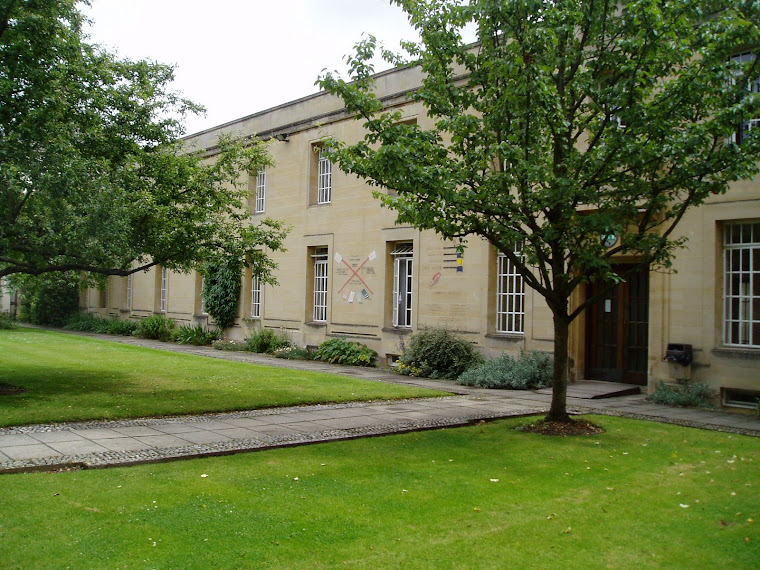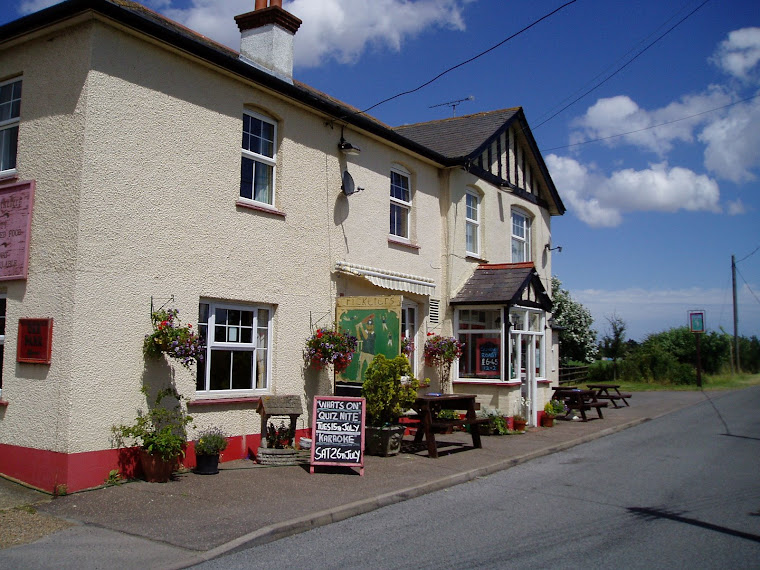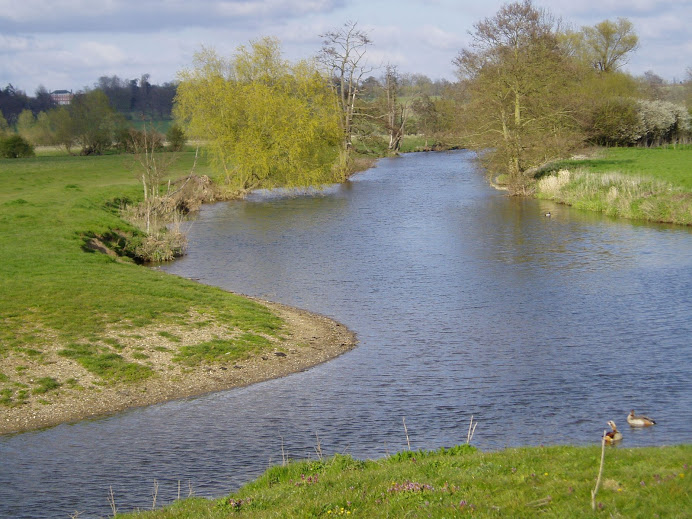We live in a time when truth is under attack from false narratives, fake news, fabricated accounts and phony messages. It has been said that when folk believe in nothing, when they have no firm faith and foundations in their lives, then they are susceptible to believing in anything and everything. The moral and ethical vacuum is filled with fantasies and fables; they are open to all sorts of crazy ideas and ideologies.
It is so important to teach critical thinking skills, the ability to spot error and falsehood, to distinguish between fact and fiction, to discern what is based on evidence and tested truth. History, religious studies and English, when well taught, should explain the difference between interpretation and established attested fact, the difference between primary source material and secondary sources, and the importance of understanding the difference between exegesis and eisegesis. The ability to discern when someone is drawing out what is the meaning of the text and when someone is inserting their own or fabricated ideas into the text. What is interpretation and what is not an interpretation. A skillful enterprise but necessary.
We should be grateful to scholars who took us through the Renaissance, the Enlightenment and the scientific revolution to a refined and well informed understanding of truth, that which can stand the test of time and intellectual scrutiny, and arguably eternity.
Jesus exclaimed that the truth will set you free. Sadly many people, I would argue, are in chains believing in falsehoods, vain hopes and erroneous narratives that will lead them to despair and destruction, and some will walk blindly in the broad way without even realizing the dangers, comfortable in their complacency and spiritually perilous condition.
When politicians and people in the media lie, cloak and dissemble so often and so liberally, we must be on our guard to stand for the truth and the values that serve us well, Christian values and Gospel truth.


































































































































2 comments:
It is time to question the standard Islamic narrative using archaeological research, historical records, documentary analysis of numerous Quranic texts, critical insights and scientific methods of enquiry. To question this narrative can lead to violence, intimidation, persecution and threats, and being called Islamophobic.
Muslims reject the crucifixion and resurrection of Jesus, based on Surah 4: 157-158: ... they [the Jews] boasted, “We killed the Messiah, Jesus, son of Mary, the messenger of Allah.” But they neither killed nor crucified him—it was only made to appear so, Even those who argue for this ˹crucifixion˺ are in doubt. They have no knowledge whatsoever—only making assumptions. They certainly did not kill him. Rather, Allah raised him up to Himself.
However, Surah Maryam (19), verses 33-34, allegedly contains the words of Jesus as a newborn, where he says, 33: "Peace be upon me the day I was born, and the day I die, and the day I shall be raised to life again!". 34: That is Jesus son of Mary—the Word of truth about which they doubt.
Post a Comment